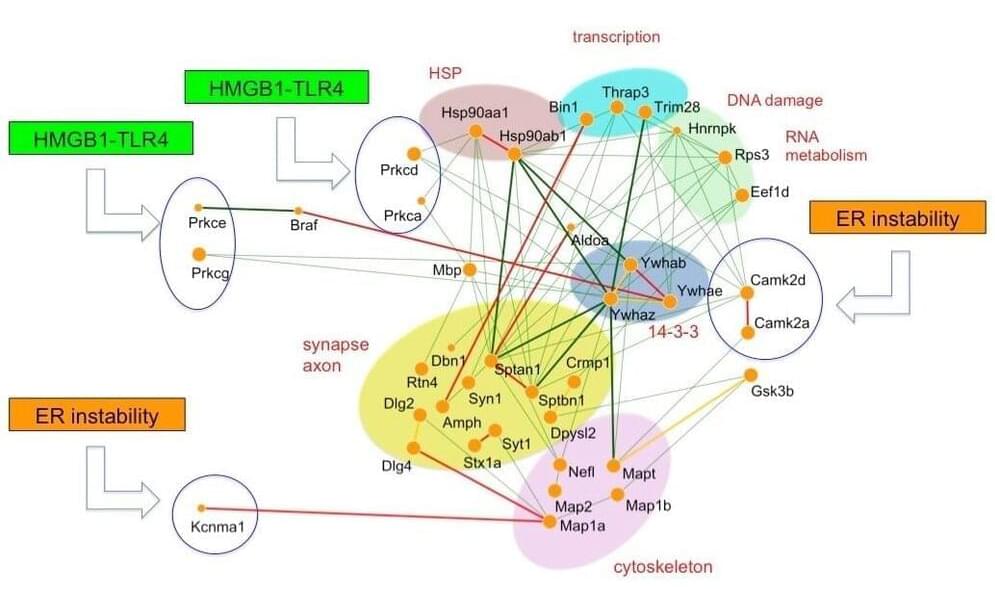Dementia has many faces, and because of the wide range of ways in which it can develop and affect patients, it can be very challenging to treat. Now, however, using supercomputer analysis of big data, researchers from Japan were able to predict that a single protein is a key factor in the damage caused by two very common forms of dementia.
In a study published this month in Communications Biology, researchers from Tokyo Medical and Dental University (TMDU) have revealed that the protein HMGB1 is a key player in both frontotemporal lobar degeneration and Alzheimer disease, two of the most common causes of dementia.
Frontotemporal lobar degeneration can be caused by mutation of a variety of genes, which means that no one treatment will be right for all patients. However, there are some similarities between frontotemporal lobar degeneration and Alzheimer disease, which led the researchers at Tokyo Medical and Dental University (TMDU) to explore whether these two conditions cause damage to the brain in the same way.
